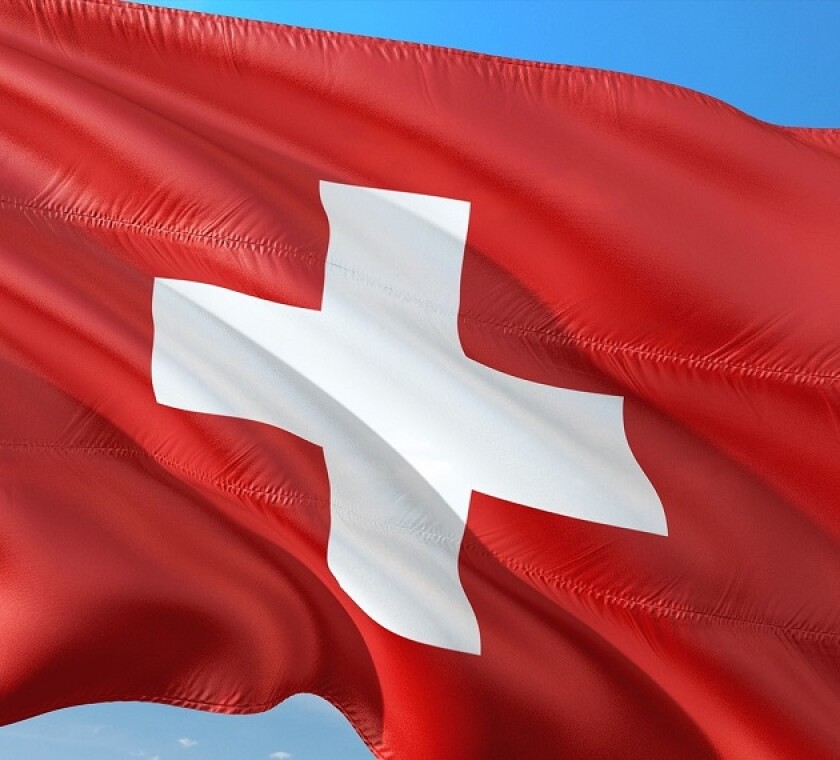Since there is no codified law in Switzerland regarding transfer pricing (TP) and its application for tax purposes, but based on the codified requirement to apply the arm’s-length principle in related party transactions, the OECD Guidelines are applied to the interpretation of the arm’s-length.
OECD-compliant pricing methods include the comparable uncontrolled price (CUP) method and the cost-plus remuneration method, among others.
The Swiss Supreme Court recently reviewed a dispute between a taxpayer and the tax authorities about the application of the appropriate TP methodology in a case to determine the arm’s-length nature of transactions between related parties.
The taxpayer in the case centralised certain functions (such as treasury, administration, accounting support and payroll support) and charged these services to a low-taxed Swiss resident based on fees determined by application of the CUP method (supported by external price quotations for similar services).
The tax authorities took the view that a cost-plus remuneration method was more appropriate in the circumstances. The court – outlining its practice – supported the view of the tax authorities that in this case a cost-plus remuneration method was more reasonable than pricing in accordance with the CUP method.
Since there is no codified TP regulation in Swiss law that would require one or the other methodology to be applied, the court assessed the facts of the case and gave its reasons why a tax authority can deviate from the methodology applied by a taxpayer. The court supported the view of the authorities for the following reasons:
The taxpayer was unable to provide evidence of any third party pricing of comparable services;
Third party quotations to provide certain services were obtained only after the inter-company pricing agreement was entered into; they did not covered the full range of services; and were not deemed to be comparable transactions (as the third party offers were not accepted, and so did not become comparable ‘real’ transactions);
The services provided to the taxpayer were deemed to be of an auxiliary or low-value-adding nature, for which the cost-plus remuneration method was deemed more appropriate; and
For the TP of low-value-adding or ‘auxiliary’ services, the court considered a cost plus 5% to be a safe harbour rule, but a range of cost +3% to +10% may be reasonable, depending on the documentation provided.
The court expressed its opinion with regard to TP rules in Switzerland and a preference towards the application of a cost-plus method with regard to auxiliary services.
Even though the application of the rules allow the taxpayer to choose the method, tax authorities can challenge the TP methodology selected.
Manuel Angehrn
Senior manager, Deloitte Switzerland
Kayla Eberli
Senior manager, Deloitte Switzerland













